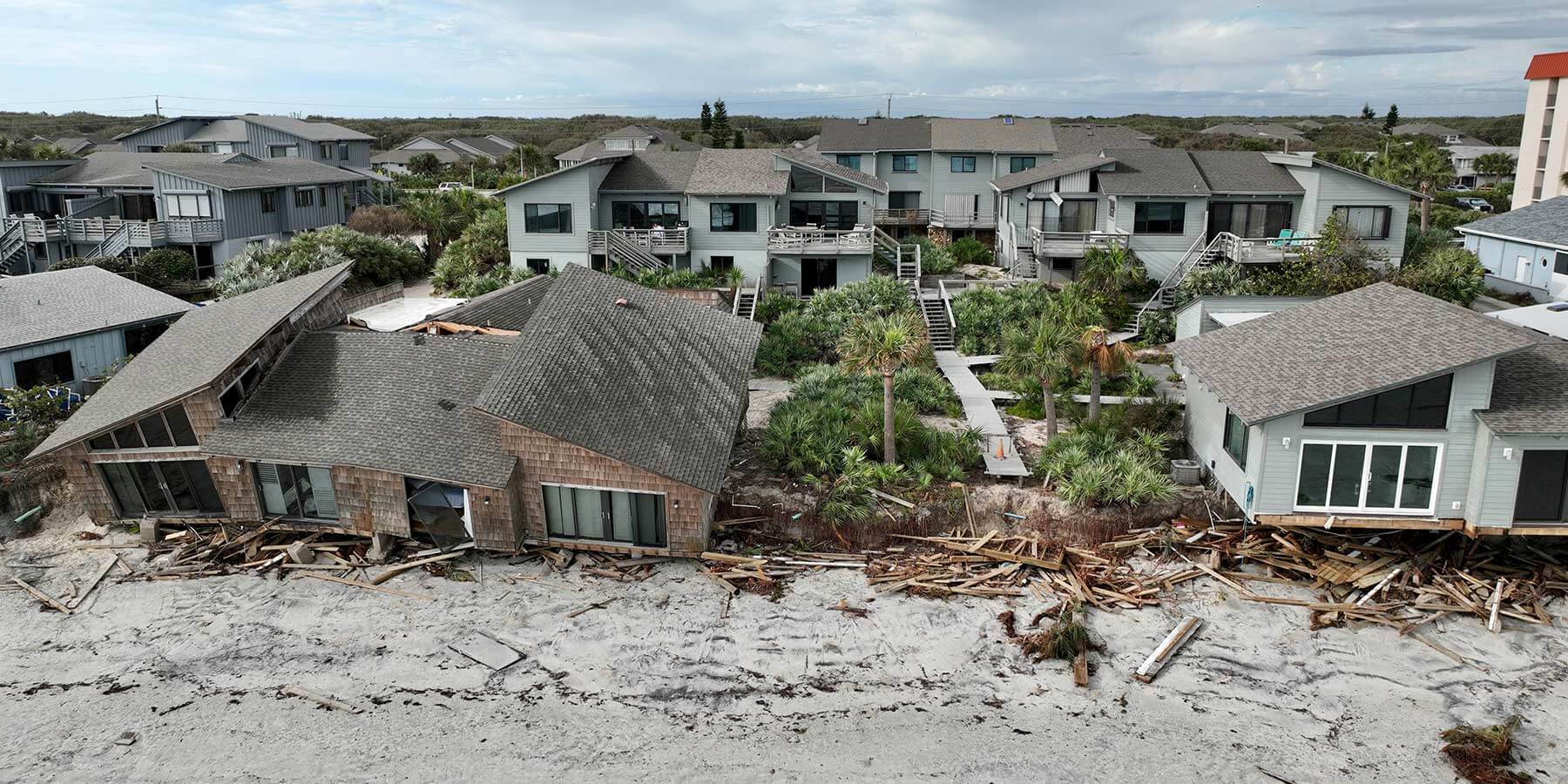As we face an increasing number of natural disasters due to climate change and other factors, disaster preparedness becomes ever more crucial. While everyone is vulnerable during times of crisis, older adults are particularly at risk.
Many older adults may have mobility issues, chronic health conditions, or cognitive impairments that make emergency situations especially challenging. This article outlines the importance of disaster preparedness for older adults and provides practical tips on how to prepare.
Why Is It Important?
- Mobility Issues: Many seniors face mobility challenges. Evacuating from a disaster-stricken area or even moving to a safer part of the home can be complicated and time-consuming.
- Health Concerns: Many older adults have underlying health conditions that disasters could exacerbate. They may also be on vital medications they cannot miss, have medical equipment that needs electricity, or have chronic medical conditions requiring uninterrupted specialized care.
- Social Isolation: Seniors, especially those living alone, may not always have immediate access to help or information. This isolation can hinder their response to emergencies.
- Cognitive Impairments: Conditions like dementia can make understanding and reacting to emergencies more challenging.
How to Prepare:
Communication Plan
- Emergency Contacts: Keep a list of important phone numbers, both local and out-of-state, readily available. Ensure they have a way to contact help, whether it’s a charged cell phone, landline, or even a whistle. For seniors with cognitive impairments, label phones with photos of family members to aid with identification.
- Regular Check-ins: Schedule regular calls or visits with neighbors, family, or friends to ensure someone will notice if something’s amiss.
Emergency Kit
- Medications: Stock up on all essential medications and keep them in a waterproof container. Also have a list of medical conditions, doctor contacts, and essential supplies.
- First-Aid Supplies: Basic supplies like bandages, antiseptics, and pain relievers can be lifesavers.
- Food and Water: Keep a minimum of a three-day supply of non-perishable food and water. That goes for pets too. If an older adult relies on services like Meals on Wheels, find out the provider’s emergency plans.
- Other essentials: May include glasses, hearing aids, and batteries
Stay Informed
Make sure they have a battery-powered radio to receive news and updates. For those with hearing impairments, consider a weather radio with a visual alert.
Keep a NOAA Weather Radio tuned to your local emergency station and monitor TV and radio for warnings about severe weather in your area.
Download free apps and resources
- With the FEMA app, users can get weather alerts from the National Weather Service for up to five different locations anywhere in the United States.
- The Red Cross app lets you customize 40 different weather alerts with fast notifications. It can be found in the Apple App and Google Play stores by searching for American Red Cross or by visiting the Red Cross Mobile Apps page.
- Ready.gov Flyer: Disaster Preparedness For Older Americans And People With Disabilities
Evacuation Plan
- Know the Routes: Be aware of all possible evacuation routes and ensure that the elderly person practices it occasionally. Consider how they will evacuate if they don’t drive and have a plan for transportation.
- Safe Locations: Identify safe spaces within your home and community where you can take refuge.
Temperature Control
Seniors are more susceptible to temperature extremes. Ensure there’s a plan to keep them cool during heatwaves (like a nearby cooling center) or warm during cold spells. Their emergency kit should also include blankets or cooling packs.
- Portable Fans/Heaters: Keep battery-operated fans or small portable heaters to maintain a comfortable temperature.
- Insulated Blankets: Blankets can offer additional warmth in winter and can also be used for shade during hot weather.
- Clothing: Keep an extra set of seasonal clothing in your emergency kit.
Disaster preparedness for older adults is not just a good idea—it’s a necessity. By planning ahead, we can help ensure the safety and well-being of our most vulnerable populations when they need it most.



